Although there are films that have merit on their own, you may enjoy some of them more if you share similar experiences as the characters in that motion picture. Take Wayne’s World (1992) for example. Although I’m not that really into that movie, I find that many people love it since it reminds them of the time when they were teenagers in the 90’s. Mike Judge’s Office Space (1999) is another case for me. I watched it for the first time back when I was either a 1st or 2nd year university student. I didn’t think it was as hilarious as many people did at the time, but I kinda got what it tried to say to us. Fast forward to recent days and I watched it again for no apparent reason. I surprisingly find it WAY funnier than what I remembered. In fact, it knocks Idiocracy, another brilliant comedy film by Mike Judge, from the top of the my all-time favorite comedy movie list. There are interesting aspects about it that I never noticed before. But first, let’s take a look at the plot of the film.
The film takes place at Initech, a fictional software company. Several of the characters are trying everything to survive in their boring jobs and the stuffy business environment. To make things worse, their boss, Bill Lumbergh (Gary Cole) is not only the worst boss they’ve ever met, he also hires a team of consultants to decide on who deserves to get fired from the company. We’ll take a look at each character soon, but as I told you I enjoy this film more and more because the audience can easily relate to characters and setting. The director Mike Judge said in an interview many things that happen in this film are derived from his own experiences working in an office. Moreover, the film takes place in a not-so-small-town (technically, it was shot in Austin, Texas. But the film doesn’t explicitly tells us about the location). Instead of high rise buildings and crowds of people, Initech is just a one story building with a nice garden in front of it and has small restaurants nearby. It’s kinda like an ideal suburban workplace that you can relax at by spending time on the nice grounds, which is a perfect place for micro-dystopian film. Yes! This is a micro-dystopian genre film because, although it doesn’t take place in the city with some brutal dictator or corrupted citizenry, it has several factors that make this office a real nightmare. Let’s begin with Bill…
Several movie websites rate Bill as the scariest movie villain of all time. Is he scarier than The Joker or Darth Vader? Maybe. Bill is the kind of boss that slowly kills your identity and probably is a result of generations of the same demotivational behavior. He rarely cheers anyone up and always says things in a monotone voice and repeats the same line over and over again like “Hello, What’s happening?”, “Yeahhhh”, “That would be great” (which makes him an uninteresting person immediately). Plus, instead of listening to what employees want, he pushes a stupid agenda and activities instead. There’s a scene in which he tells the employees that next Friday is “Hawaiian Shirt Day”, in which they can wear a Hawaiian shirt at work. What’s the point of that? It doesn’t create a relaxed environment or encourage people at all. If you look closely, nobody in the office gets excited about the announcement. Another example is the infamous TPS report. The film doesn’t clearly tell us what it is, but we know already that it’s useless paperwork which isn’t that important. Unfortunately, Bill pays too much attention to this and has to remind people to do it the way he wants them to. With this uninspirational attitude and nonsensical behavior, he creates the hero of the film: Peter (Ron Livingston).
In the very first scene, we see Peter get pissed off by the fact he is reminded by several managers about the TPS report again and again. Then, Bill tells Peter that he has to work on Saturday and Sunday. At this point Peter represents white-collar workers who have no idea what the perfect job for them is. He stays at Initech because he doesn’t know what he really wants to be. Things get worse and worse to the point that he confesses to his therapist that everyday in the office is worse than the day before. Tragically, when the therapist hypnotizes Peter he suddenly has a heart attack before snapping his finger so Peter gets pulled back to reality. Whether it’s because of this therapy session or not, Peter doesn’t care about his boss anymore. He skips working on the weekends, dresses informally, parks his car in Bill’s spot, and says outrageous things to the consultants, like “it’s not that I’m lazy, it’s that I just don’t care”. Surprisingly, the consultants think he’s outspoken and is exposing problems inside the company, so they try to promote him and fire his friends: Michael (David Herman), Samir (Ajay Naidu), and Tom (Richard Riehle).
Michael hates almost everyone in office. No matter how long he works there, his co-workers still ask him about his full name: Michael Bolton. He always gets asked whether he’s related to the singer or not. This is another case about redundancy at work as well. Initech’s workers are still wondering about this although he has worked there for a while. Next, we have Samir. He hates this place as well, but still wants to find a stability and is not sure about what he will do in the future. This is one of the characters we can relate to. We all want to stand up for our rights, but still want a reliable path in career and life. Finally, we have Tom. Tom is one of the worst examples of employees. He works in the customer service department. He always afraid that he’s about to get fired soon and we clearly see the reason: he has no idea how to “present” himself. When he’s asked about his job by the consultants, he gives us the confusing explanation about why he needs to be a middle-man between the customers and software engineers. The interview gets so awkward to the point when he says this…
“Well-well look. I already told you: I deal with the god damn customers so the engineers don’t have to. I have people skills; I am good at dealing with people. Can’t you understand that? What the hell is wrong with you people?”
Moreover, he has no idea how to present other things as well. He thinks he can start a business. It sounds nice until you realize how dumb his idea is. Here’s his famous example…
“It was a “Jump to Conclusions” mat. You see, it would be this mat that you would put on the floor… and would have different CONCLUSIONS written on it that you could JUMP TO.”
But the character that most people remember is Milton (Stephen Root). He’s a prime example of how NOT to be an employee. Basically, he’s a forgotten employee (he was laid off years ago but due to error in paycheck system Initech still pays him, so he decides to show up for work and nobody tells him about this) and he cannot stand up for himself. Although he doesn’t want to move his desk and gets his red stapler taken away, Bill finally manages to do both things since he never listens to employees and Milton never fights back. I see myself in this character and it motivates me to be a better person than Milton.
Not only are the characters easily relatable to us, there’s another bit of symbolism that’s cleverly subtle and reminds us of frustration in an office: the printer. Many characters are throwing tantrums at how ridiculous this simple machine is. Like when Michael says “PC LOAD LETTER? What the fuck does that mean?!” or when Samir yells “Why does it say “Paper Jam” when there IS no paper jam?!”. It symbolizes all of the nonsense characters and events our heroes have to face in the film. I mean, a printer always does a simple job of printing files. Why does it cause weird problems? Same with the office environment. It’s supposed to be a place where workers work by using company guidelines and a goal, but it turns out that sometimes this can be a nightmare. So what does the gang do in the end? They destroy it!
I’m not going to say what exactly happens to Initech in the end, but finally Peter gets a new job as construction worker instead. See, Office Space is not an anti-Capitalism kind of film. Instead, it reminds us that no matter how much we love a company, the company may not love us back. So we better choose the work we enjoy and good at it. Construction workers might be a job that many people look down on, but it makes Peter happier than working with Bill or in that kind of stifling environment. Here’s a quote from Peter that sums it up…
“We don’t have a lot of time on this earth! We weren’t meant to spend it this way. Human beings were not meant to sit in little cubicles staring at computer screens all day, filling out useless forms and listening to eight different bosses drone on about about mission statements.”
In conclusion, Office Space may not be an in-your-face type of comedy film, but it has several interesting elements that you may enjoy. From characters to an eclectic choice of soundtrack to the plot itself. It’s a very unique experience. Although my daytime job isn’t in a cubicle, I still find some characters here relate to me or my co-workers or even my boss. And that’s the charming aspect of Office Space that’s waiting for you.
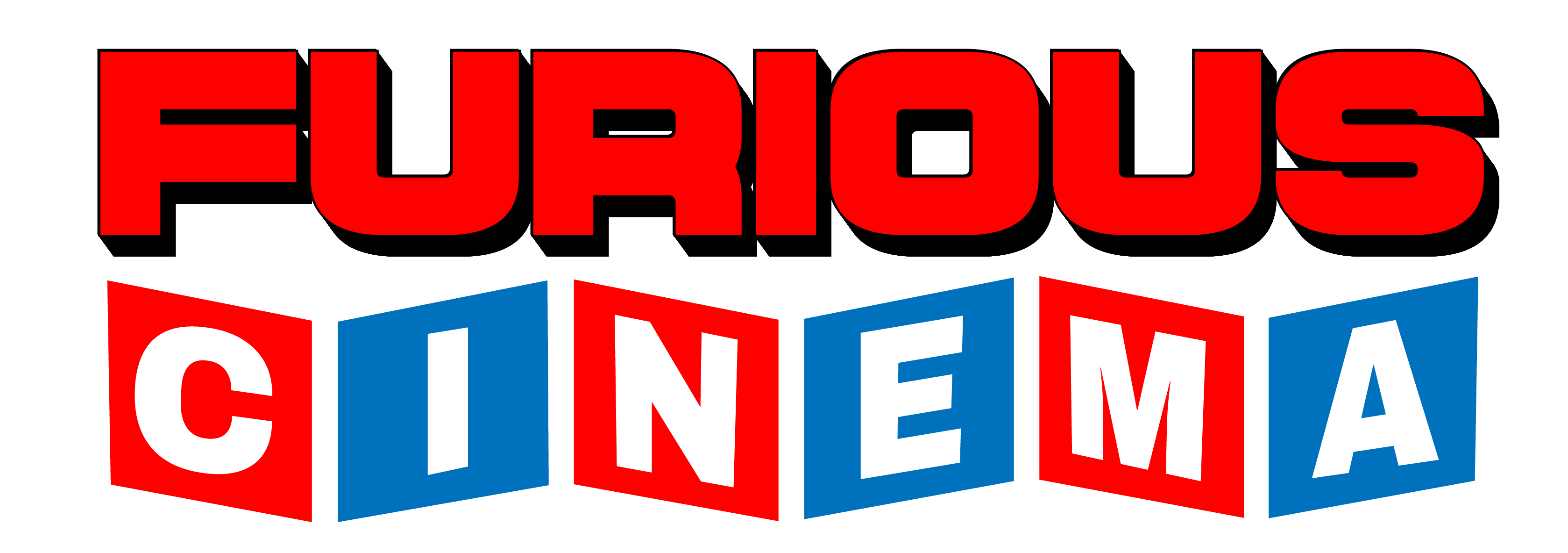

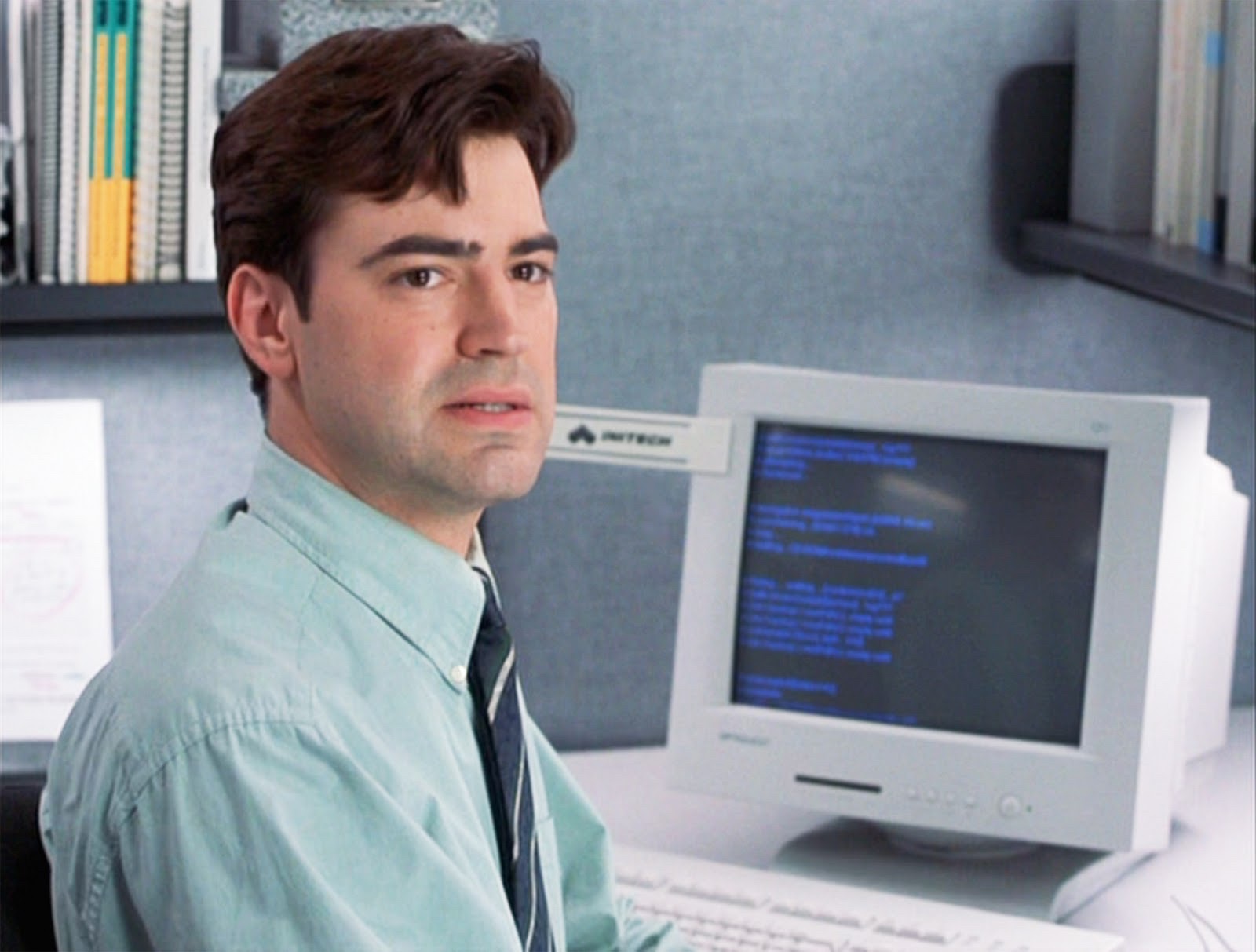

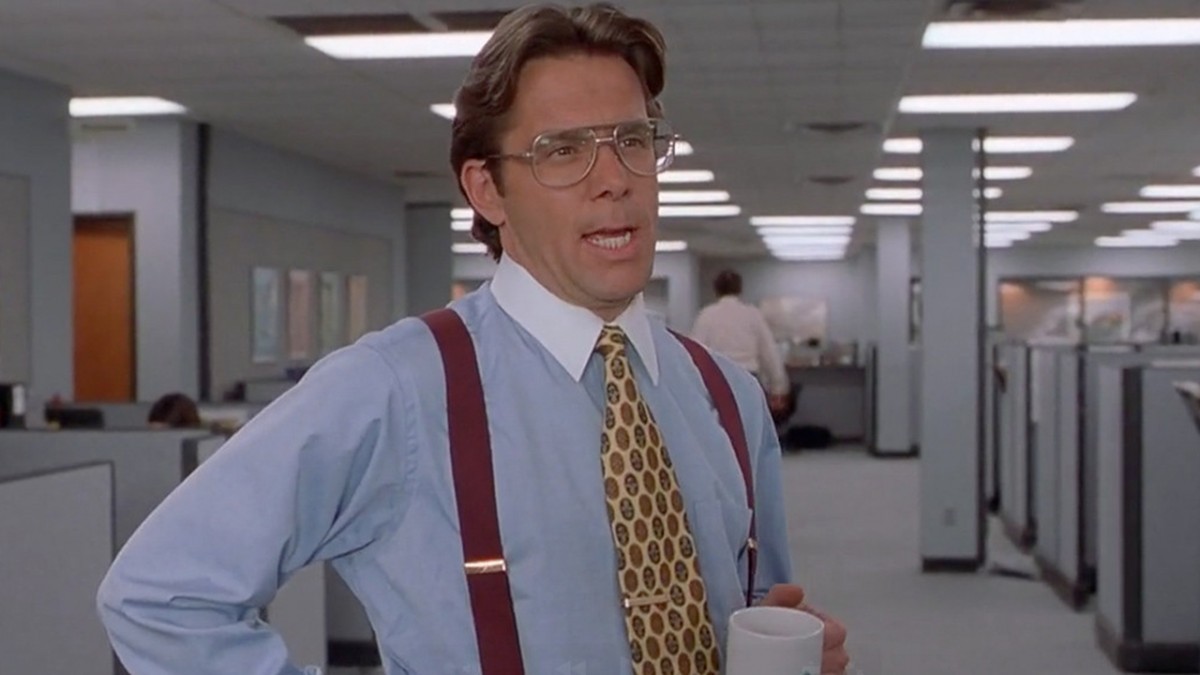
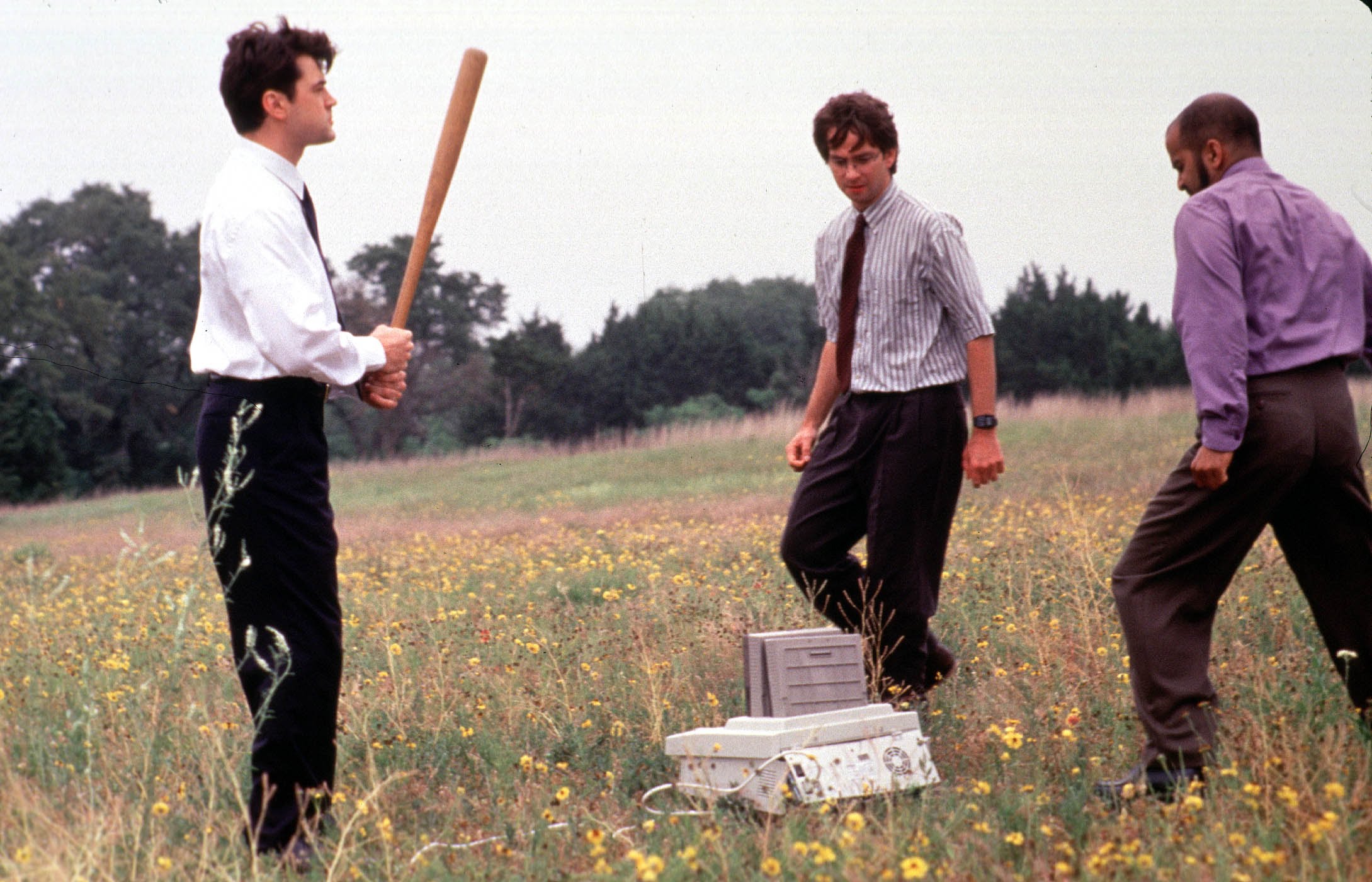
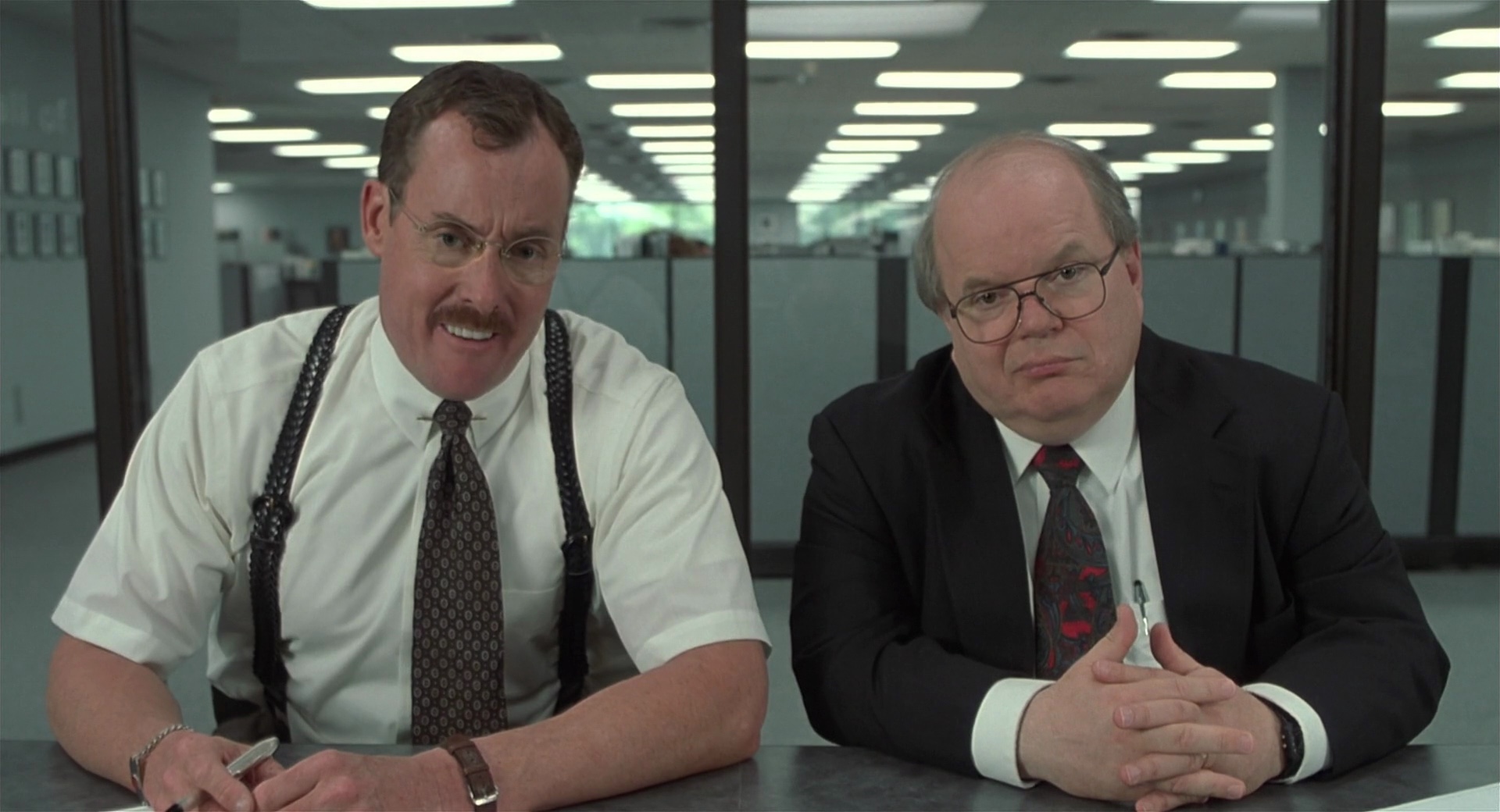
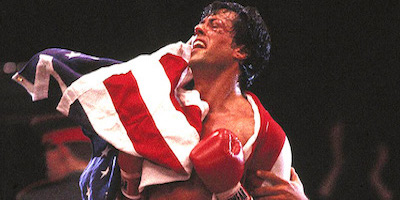

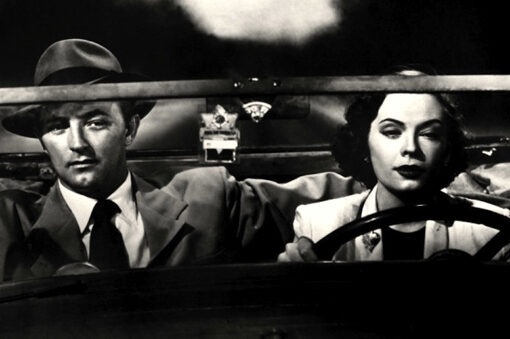
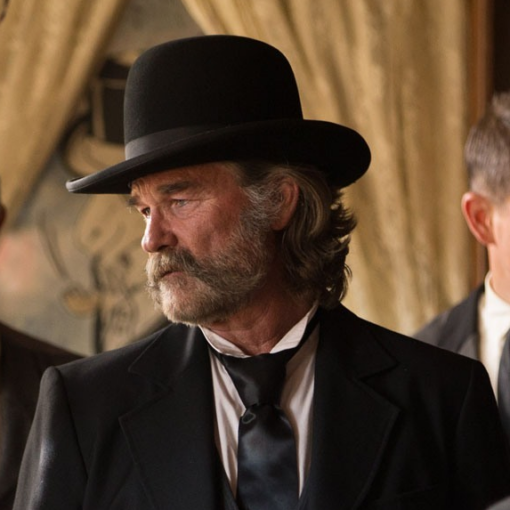
One thought on “OFFICE SPACE”
Office Space is one of the greatest satire films ever made.